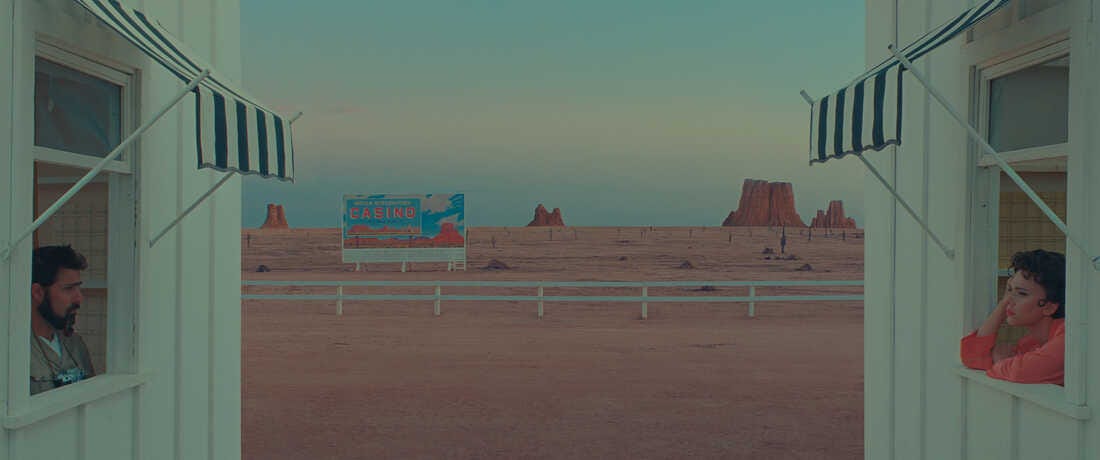Watching
Asteroid City (2023)
I do not pay very much attention to whatever is going on online these days but even so I couldn’t escape the knowledge that there’s a TikTok trend where teens (and probably also adults with too much time on their hands) film their lives “as though they were a Wes Anderson movie.” By this I take it they mean “if everything wer…




